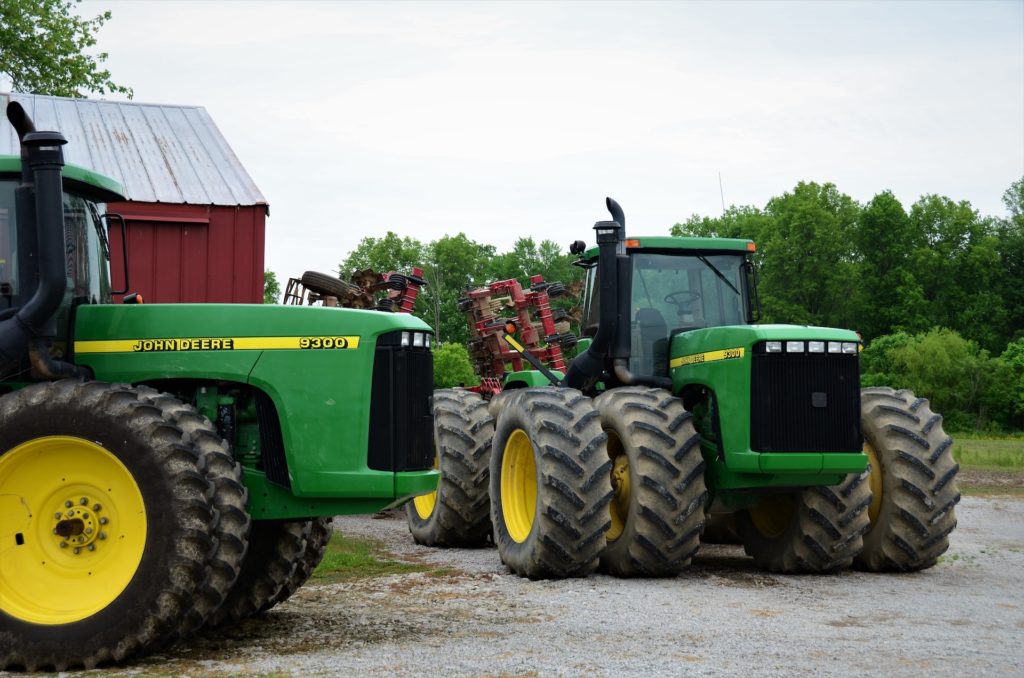
Hydraulic machines have become indispensable in various industries due to their efficiency and versatility. From construction to manufacturing, these machines play a crucial role in enhancing productivity and streamlining operations. As the demand for hydraulic machines continues to rise, buyers are faced with a plethora of options from different manufacturers.
Among these options, Chinese hydraulic machines have gained significant attention in recent years. In this article, we will provide a comprehensive buyer’s guide to hydraulic machines and explore the reasons why opting for Chinese machines might be a smart choice in today’s market.
Understanding Hydraulic Machines:
Hydraulic machines are intricate systems that harness the power of fluids to perform a wide array of tasks across various industries. At their core, these machines rely on the principles of fluid mechanics, utilizing incompressible fluids to transmit force and energy. The key components of a hydraulic system include a hydraulic pump, actuators such as cylinders or motors, control valves, and hydraulic fluid.
The operation of hydraulic press machines begins with the hydraulic pump, which generates pressure by forcing hydraulic fluid through the system. This pressurized fluid is then directed to the actuators, where it applies force to perform mechanical work. Control valves regulate the flow and direction of the hydraulic fluid, allowing precise control over the movement and operation of the machine.
Hydraulic machines excel in tasks that require heavy lifting, precise positioning, or high force applications. From hydraulic presses in manufacturing plants to hydraulic excavators on construction sites, these machines play a pivotal role in enhancing efficiency and productivity across industries.
Understanding the intricacies of hydraulic systems is crucial for selecting the right equipment for specific applications. Factors such as load capacity, operating pressure, speed, and precision must be carefully evaluated to ensure optimal performance and reliability in diverse operational environments.
Buyer’s Guide to Hydraulic Machines:
When navigating the market for hydraulic machines, it’s essential to consider several key factors to make an informed decision. Assess your application requirements meticulously, focusing on load capacity, operating pressure, speed, and precision. Prioritize quality and reliability by choosing reputable manufacturers known for robust construction and adherence to industry standards.
Evaluate performance and efficiency features such as variable speed drives and advanced control technologies. Ensure comprehensive after-sales support and services, including technical assistance and spare parts availability. Finally, consider the overall cost-effectiveness by factoring in long-term operational costs and productivity gains to select the hydraulic machine that best suits your needs.
Application Requirements:
Before purchasing a hydraulic machine, it’s essential to assess the specific requirements of your application. Consider factors such as load capacity, operating pressure, speed, and precision. Understanding the demands of your operation will help narrow down the options and ensure the selected machine meets your needs.
Quality and Reliability:
Quality is paramount when investing in hydraulic equipment. Look for machines manufactured by reputable companies known for their quality standards and reliability. Evaluate factors such as build quality, material durability, and adherence to industry standards. Opting for machines with robust construction and reliable components will minimize downtime and maintenance costs in the long run.
Performance and Efficiency:
Assess the performance capabilities of hydraulic machines in terms of speed, power output, and energy efficiency. Look for features such as variable speed drives, efficient hydraulic systems, and advanced control technologies. A well-designed hydraulic system can optimize energy consumption and maximize productivity while reducing environmental impact.
After-Sales Support:
Choose a supplier that offers comprehensive after-sales support and services. This includes technical assistance, spare parts availability, maintenance training, and warranty coverage. A reliable support network ensures prompt resolution of issues and prolongs the lifespan of your hydraulic equipment.
Cost-effectiveness:
While upfront cost is a significant consideration, it’s essential to evaluate the overall cost-effectiveness of hydraulic machines. Factor in long-term operational costs, including maintenance, energy consumption, and productivity gains. Chinese machines often offer competitive pricing without compromising quality, making them a cost-effective choice for many buyers.
Benefits of Choosing Chinese Hydraulic Machines:
In today’s global market for hydraulic machinery, Chinese manufacturers have emerged as key players offering compelling advantages to buyers. With competitive pricing, improving quality standards, diverse options, flexible customization, and global support, choosing Chinese hydraulic machines presents numerous benefits for businesses across industries. Let’s delve into the advantages of opting for Chinese hydraulic equipment and how it can positively impact your operations and bottom line.
Competitive Pricing:
Chinese hydraulic machines are known for their competitive pricing compared to counterparts from other regions. The lower manufacturing costs in China translate to more affordable equipment prices for buyers. This cost advantage allows businesses to invest in high-quality hydraulic machines while staying within budget constraints.
Improving Quality Standards:
Over the years, Chinese manufacturers have made significant strides in improving the quality and reliability of their products. Many Chinese companies have invested in advanced manufacturing technologies, stringent quality control processes, and research and development initiatives. As a result, Chinese hydraulic machines now meet or exceed international quality standards, offering excellent value for buyers.
Wide Range of Options:
Chinese manufacturers offer a diverse range of hydraulic machines to cater to various industries and applications. Whether you need hydraulic presses, cylinders, power units, or custom solutions, you can find a wide selection of options from Chinese suppliers. This diversity allows buyers to choose the most suitable equipment for their specific needs, ensuring optimal performance and efficiency.
Flexible Customization:
Chinese hydraulic machine manufacturers often provide flexible customization options to meet unique customer requirements. Whether it’s adjusting specifications, adding specialized features, or integrating advanced control systems, customization capabilities allow buyers to tailor hydraulic machines to their exact specifications. This flexibility ensures that the equipment seamlessly integrates into existing operations and enhances overall productivity.
Global Reach and Support:
Chinese hydraulic machine manufacturers have established a strong global presence, with distribution networks and service centers spanning across various regions. This global reach ensures convenient access to products, spare parts, and technical support for buyers worldwide. Additionally, many Chinese companies offer multilingual customer support and online resources to assist international customers, enhancing the overall buying experience.
Conclusion:
Hydraulic machines play a critical role in modern industries, offering efficiency, precision, and power for a wide range of applications. When purchasing hydraulic equipment, buyers must consider factors such as application requirements, quality, performance, after-sales support, and cost-effectiveness. In today’s market, Chinese hydraulic press machines present a compelling option for buyers seeking competitive pricing, improving quality standards, diverse options, flexible customization, and global support. By leveraging the advantages of Chinese hydraulic machines, businesses can enhance operational efficiency, drive productivity, and achieve cost savings in their operations.

